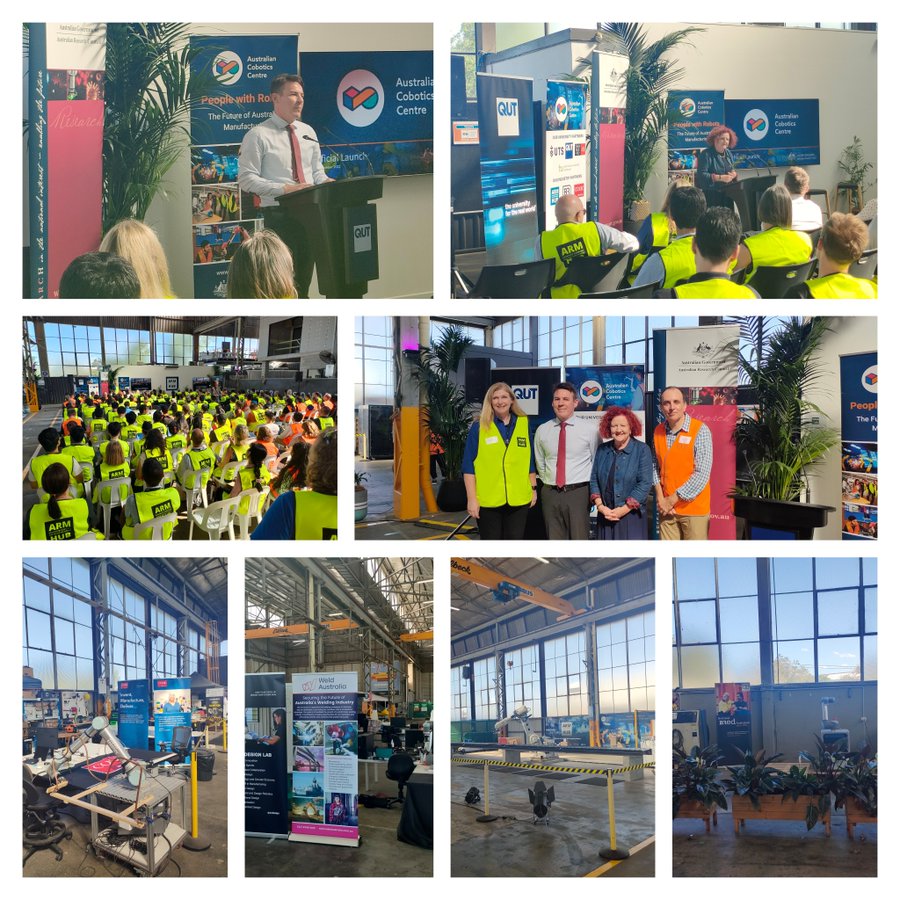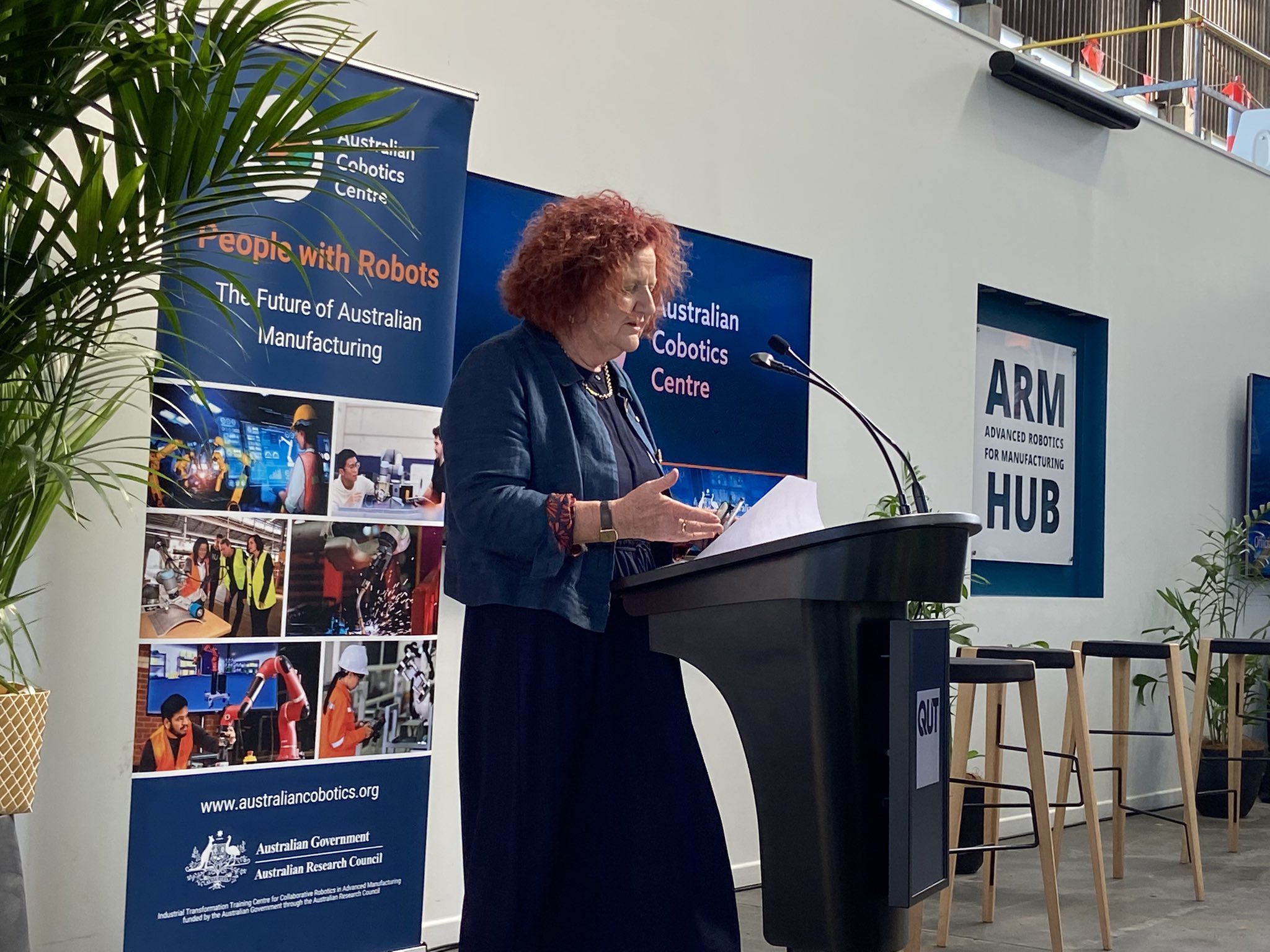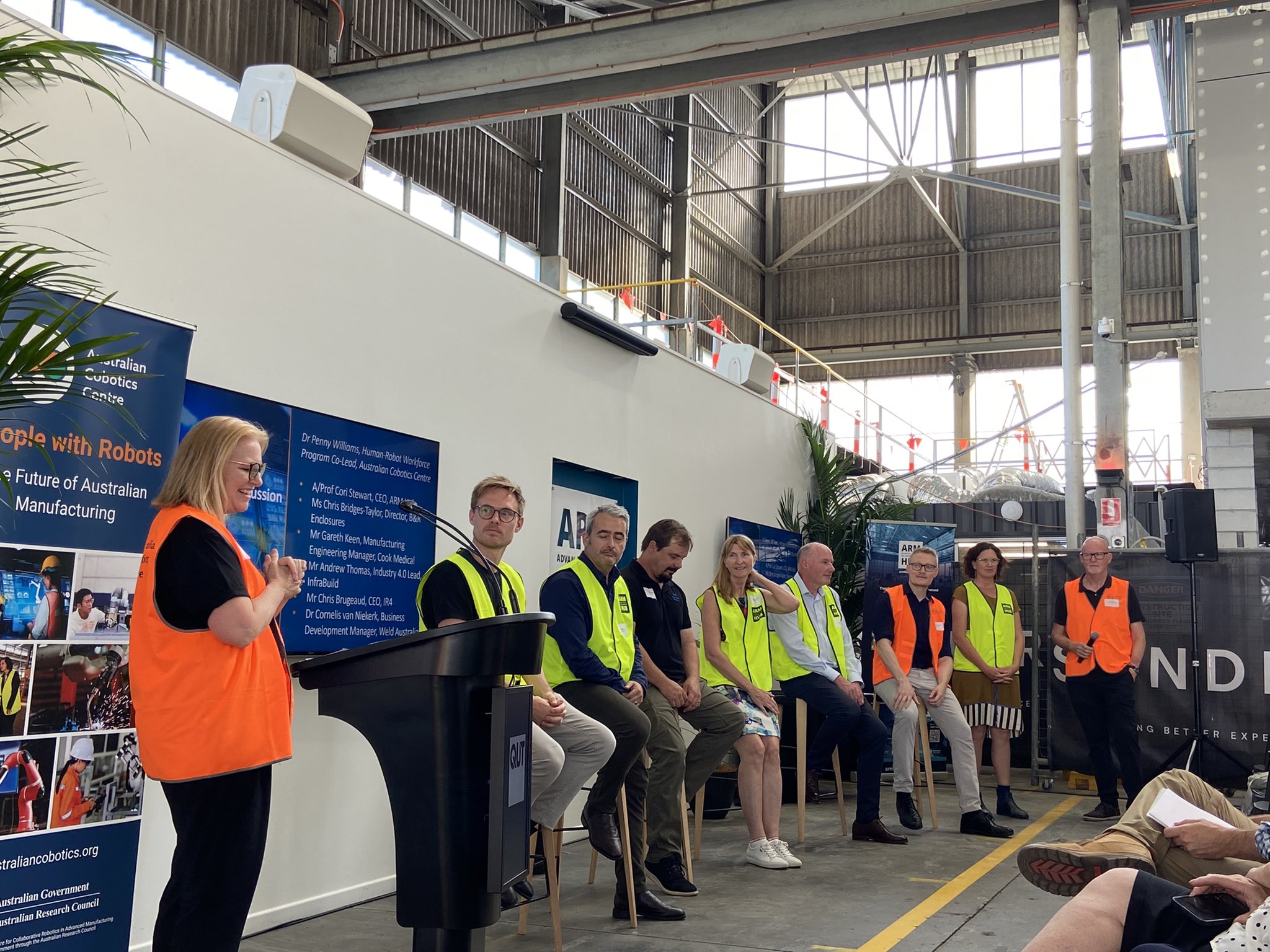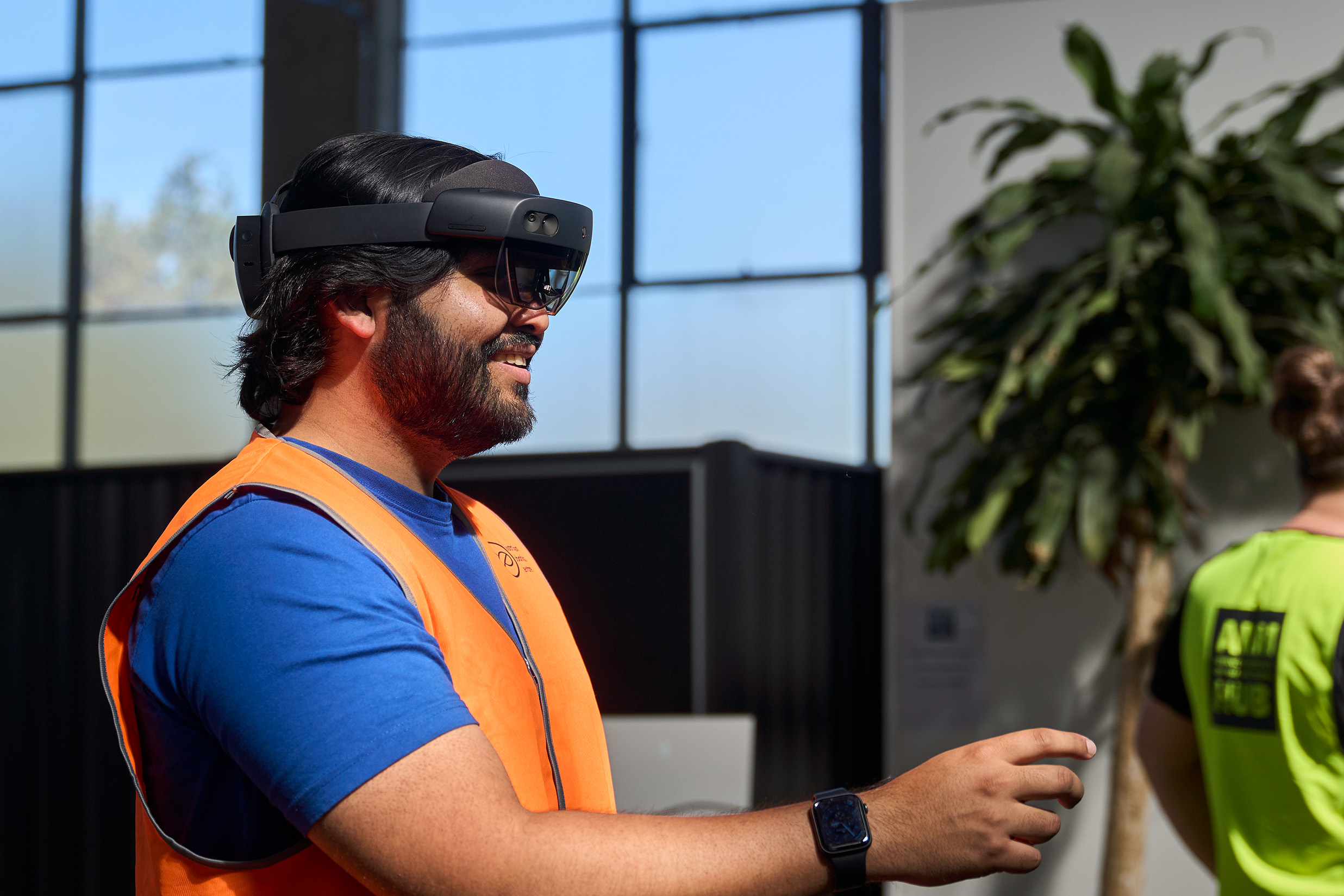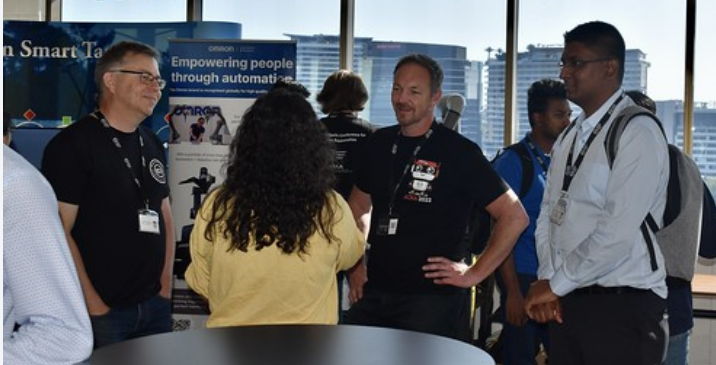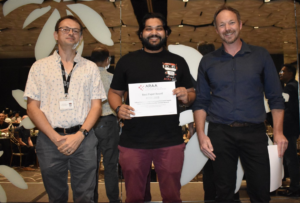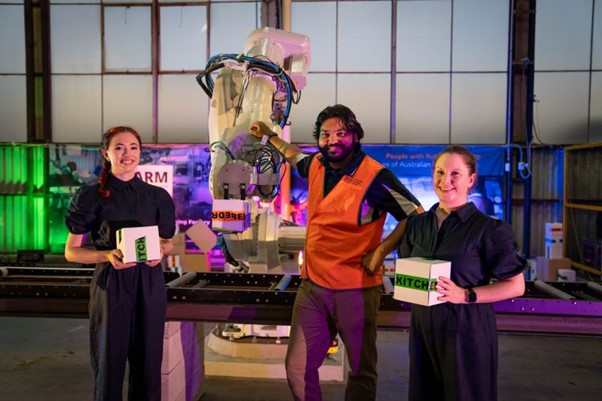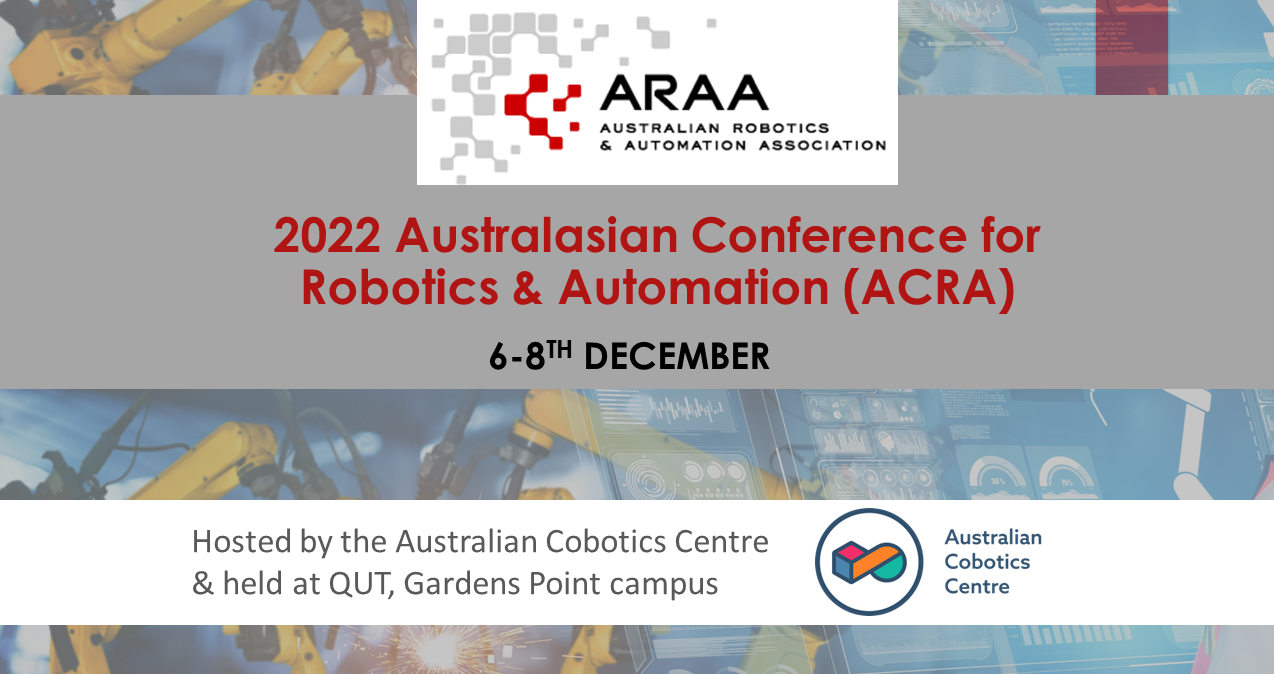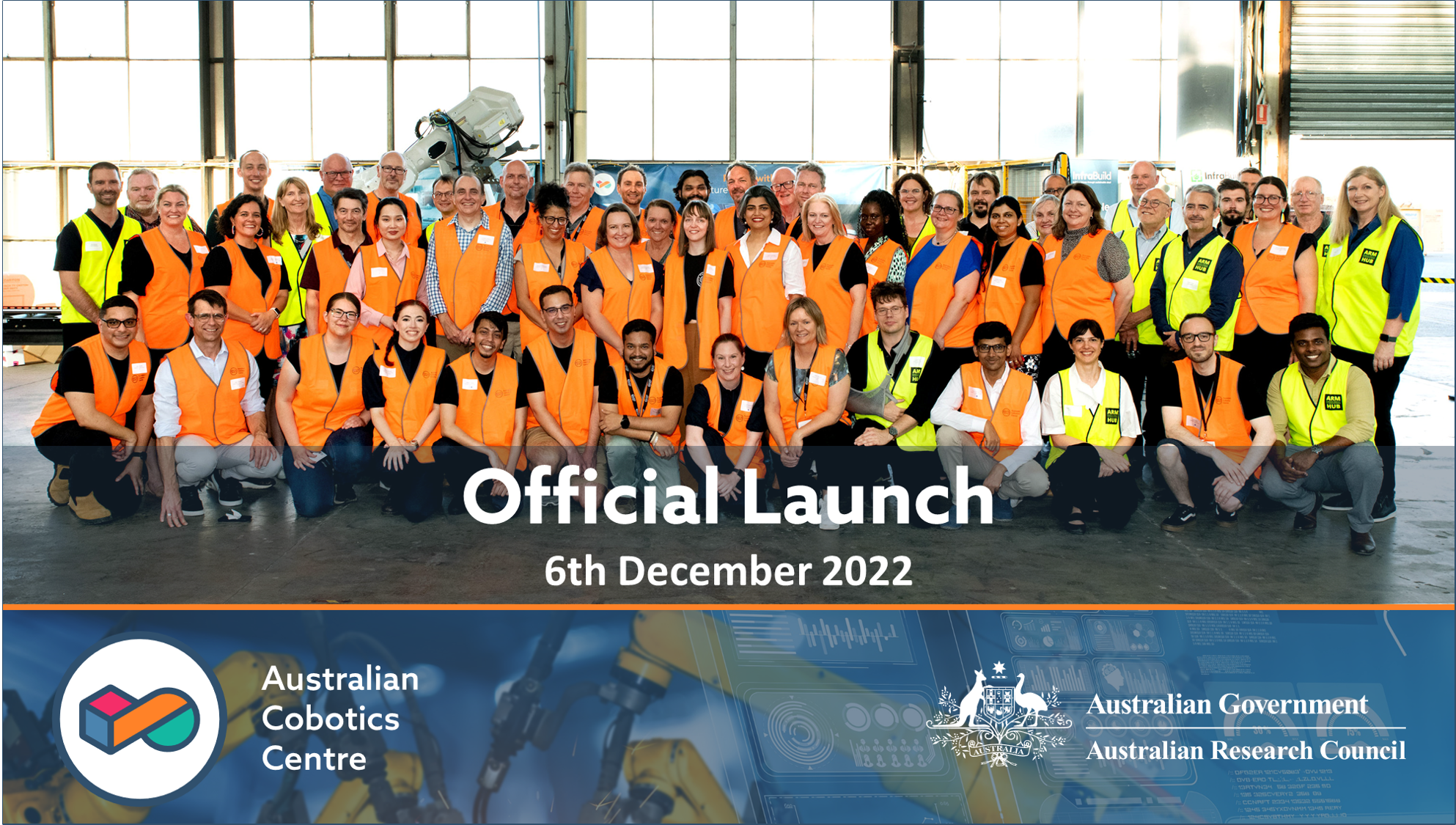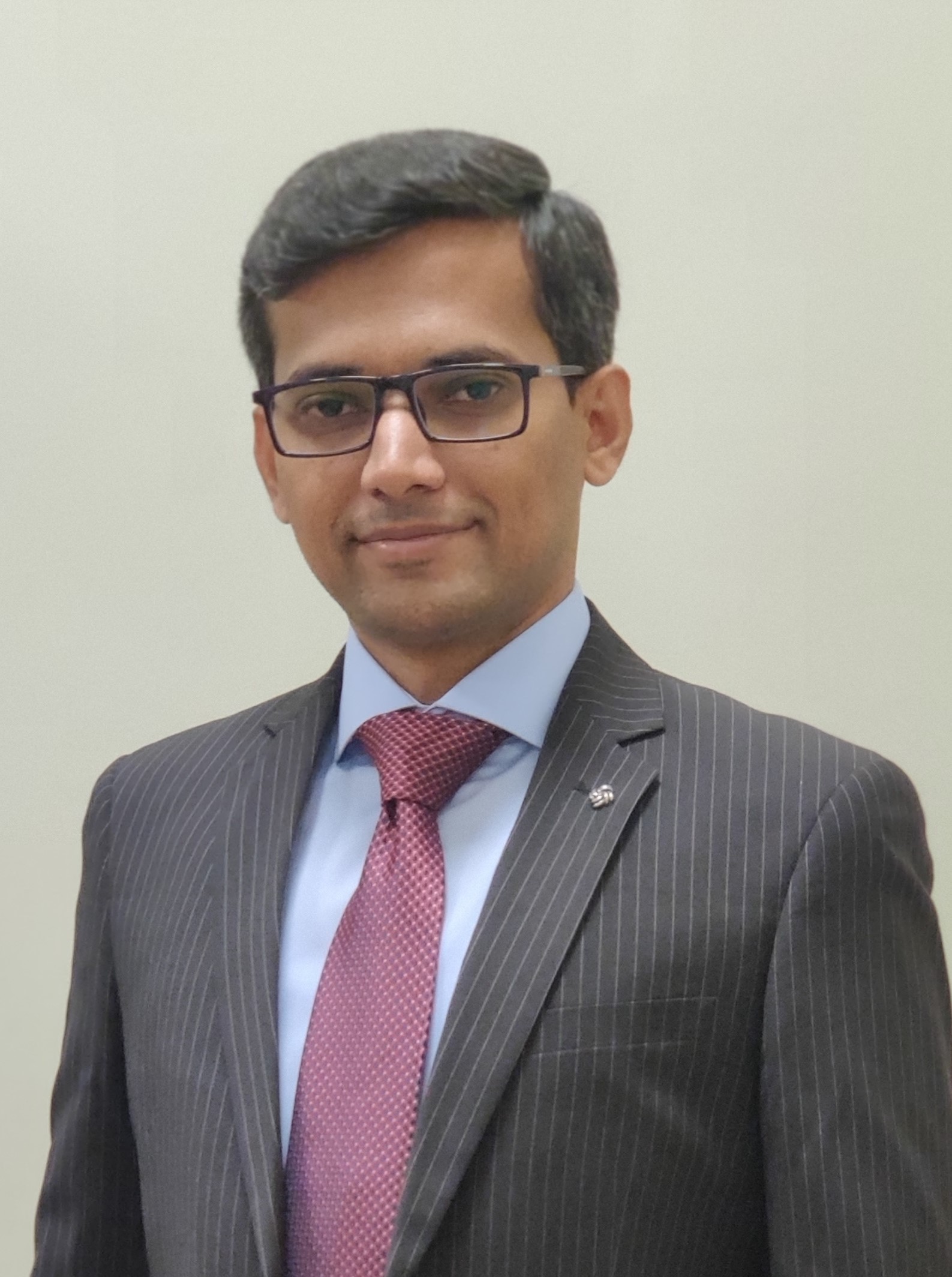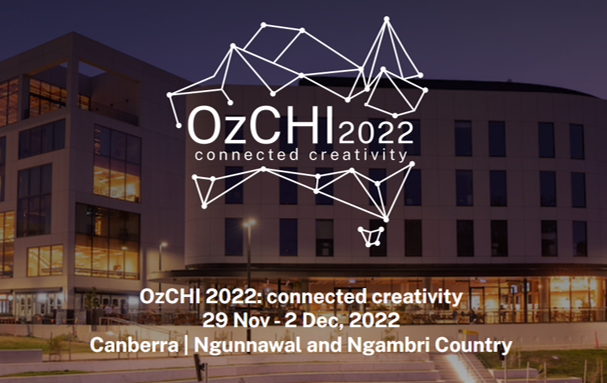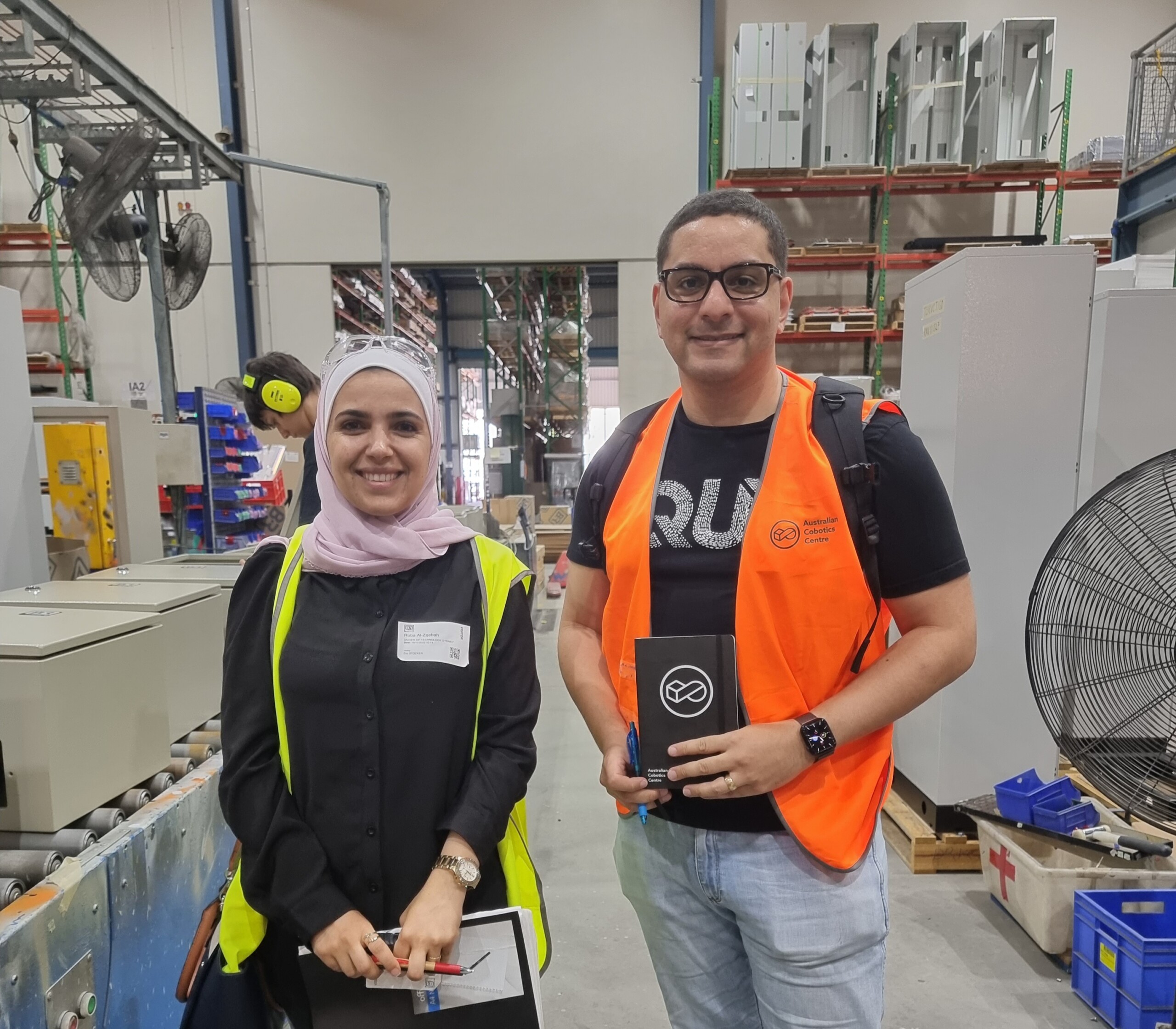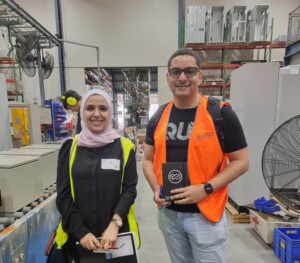The Australian Research Council (ARC) Deputy Chief Executive Officer (CEO) Dr Richard Johnson, today officially launched the ARC Training Centre for Collaborative Robotics in Advanced Manufacturing, also known as the Australian Cobotics Centre in front of over 190 people at the ARM Hub in Brisbane.
Led by the Queensland University of Technology (QUT), the Australian Cobotics Centre aims to create a safer, more efficient and globally competitive manufacturing industry. The Training Centre’s focus on is focused on the implementation of Collaborative Robotics (or cobotics) with research programs that address both the technological advances and the human and design factors that need to be considered when implementing new technology.
Centre Director Professor Jonathan Roberts leads a transdisciplinary team of researchers from QUT (where the Centre is headquartered), University of Technology Sydney (UTS) and Swinburne University of Technology who will work in collaboration with industry partners (B&R Enclosures, Cook Medical, Weld Australia, InfraBuild, IR4, TU Dortmund University, ARM Hub (Advanced Robotics for Manufacturing)).
The launch event included speeches from, ARC Deputy CEO, Dr Richard Johnson; QUT Vice Chancellor Prof Margaret Sheil AO; and Centre Director Prof Jonathan Roberts; along with talks from our industry partners and demonstration projects that showcased the work we’ve done so far.
The launch event also included a performance from Dr Steph Hutchison’s ‘Cobotic Improvision’ project via her ANAT Synapse Residency with ARM Hub. Read more about the performance here: Robots and dance combine at ARM Hub – Australian Manufacturing

